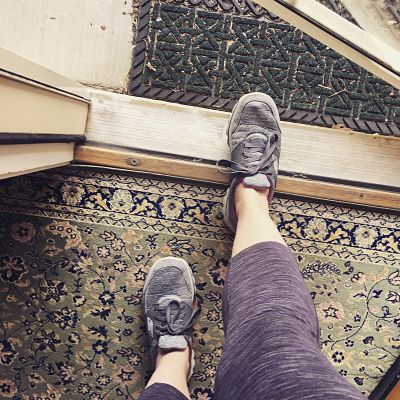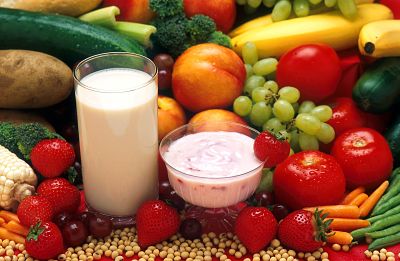|

According to the National Cancer Institute,
“fatigue is the most common side effect of cancer treatment.” While fatigue
caused by chemotherapy, radiation and biologic therapy can affect each patient
differently, one feeling is shared by all: It is not welcomed by anyone
experiencing it.
 Cancer-related fatigue can negatively affect a patient’s
quality of life and can oftentimes be debilitating. “Many people with cancer say fatigue is the most distressing side effect
of cancer and its treatment – it can have a major effect on a person’s quality
of life” (The American Cancer Society). Cancer-related fatigue can negatively affect a patient’s
quality of life and can oftentimes be debilitating. “Many people with cancer say fatigue is the most distressing side effect
of cancer and its treatment – it can have a major effect on a person’s quality
of life” (The American Cancer Society).
In many cases,
cancer-related fatigue improves after treatment ends. But for some patients, it
can last months or years into survivorship. Although this type of fatigue can
be difficult and often discouraging, there are
things that can be done to significantly improve symptoms. A study published
last month in JAMA Oncology concluded that “exercise and psychological
interventions are effective for reducing cancer-related fatigue during
and after cancer treatment.” Discuss your
fatigue with your doctor and see if any of the following approaches can help
you better manage your symptoms.
Exercise
When you’re trying to cope
with fatigue, even the thought of exercising can be exhausting. However,
numerous studies show that exercise is one of the most effective ways to combat
cancer-related fatigue. According to the National Comprehensive Cancer Network,
“research has
found no harmful effects on patients with cancer from moderate exercise
and, in fact, has demonstrated that those who exercised regularly had 40% to
50% less fatigue.”
Rest
Take
naps that last 30 minutes or less throughout the day until late afternoon. Try
to get seven to eight hours of sleep
every night.
Establish a Daily Routine
Prioritize
and focus on the tasks that are most important to you. Space out your
activities and do them during times when you have the most energy.
 Eat a Well-Balanced Diet Eat a Well-Balanced Diet
Consuming
enough fluids and nutrients can boost energy and make you stronger. Click here
to learn about the benefits of good nutrition during cancer treatment.
Talk About It
Share
what you’re going through with your family and friends. Talk with one of our
social workers or join one of our support groups. Sharing your feelings with
others can help you de-stress and better cope with your fatigue.
Cancer-related
fatigue can be a challenging aspect of cancer, but it’s not an impossible one.
If you need help managing your cancer-related fatigue, please contact Hannah Waggener, CPT, our Wellness Specialist at hannah.waggener@hopecancerresources.org or
479-361-5847 to schedule your personal wellness consultation. All services will
be offered free of charge.
|